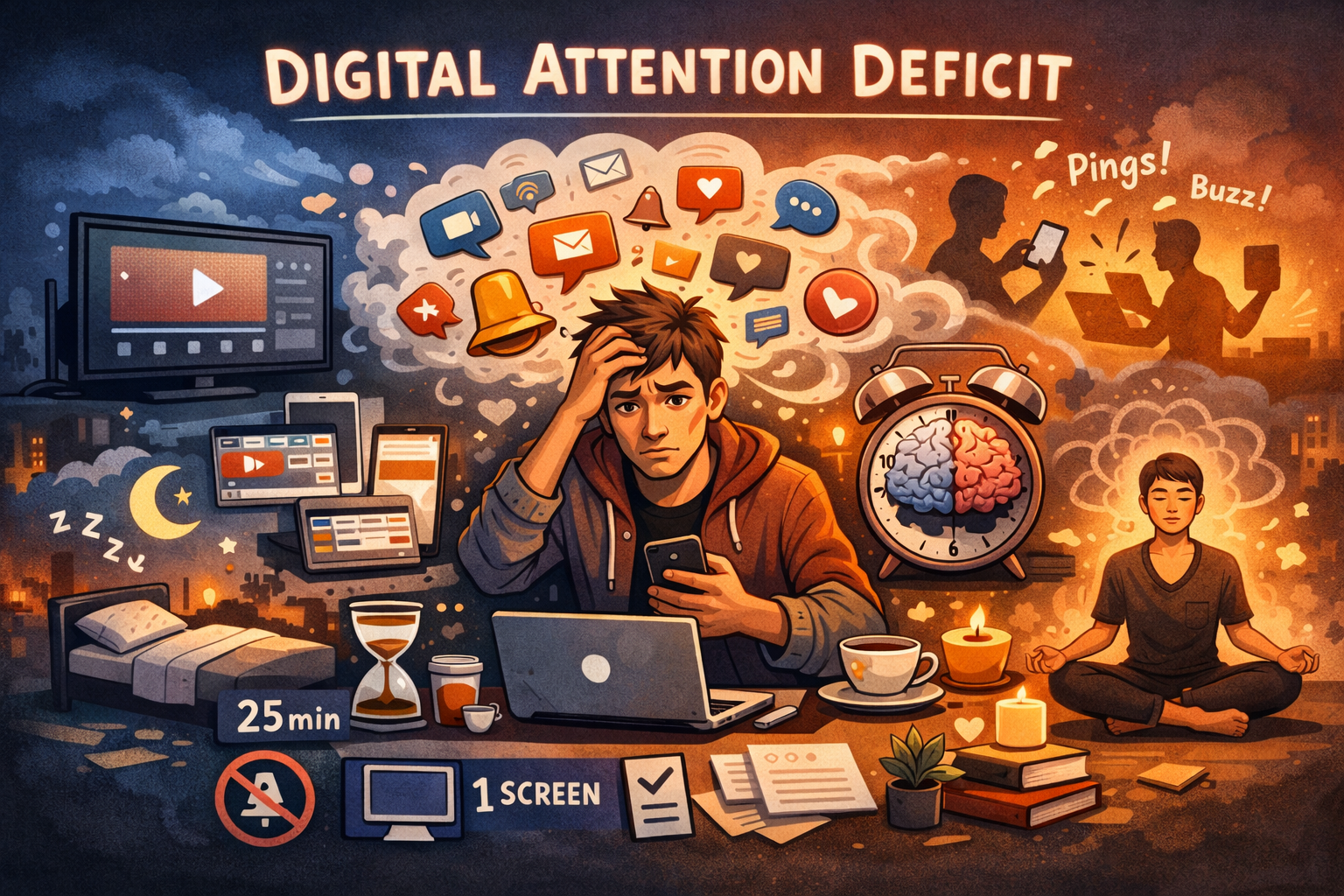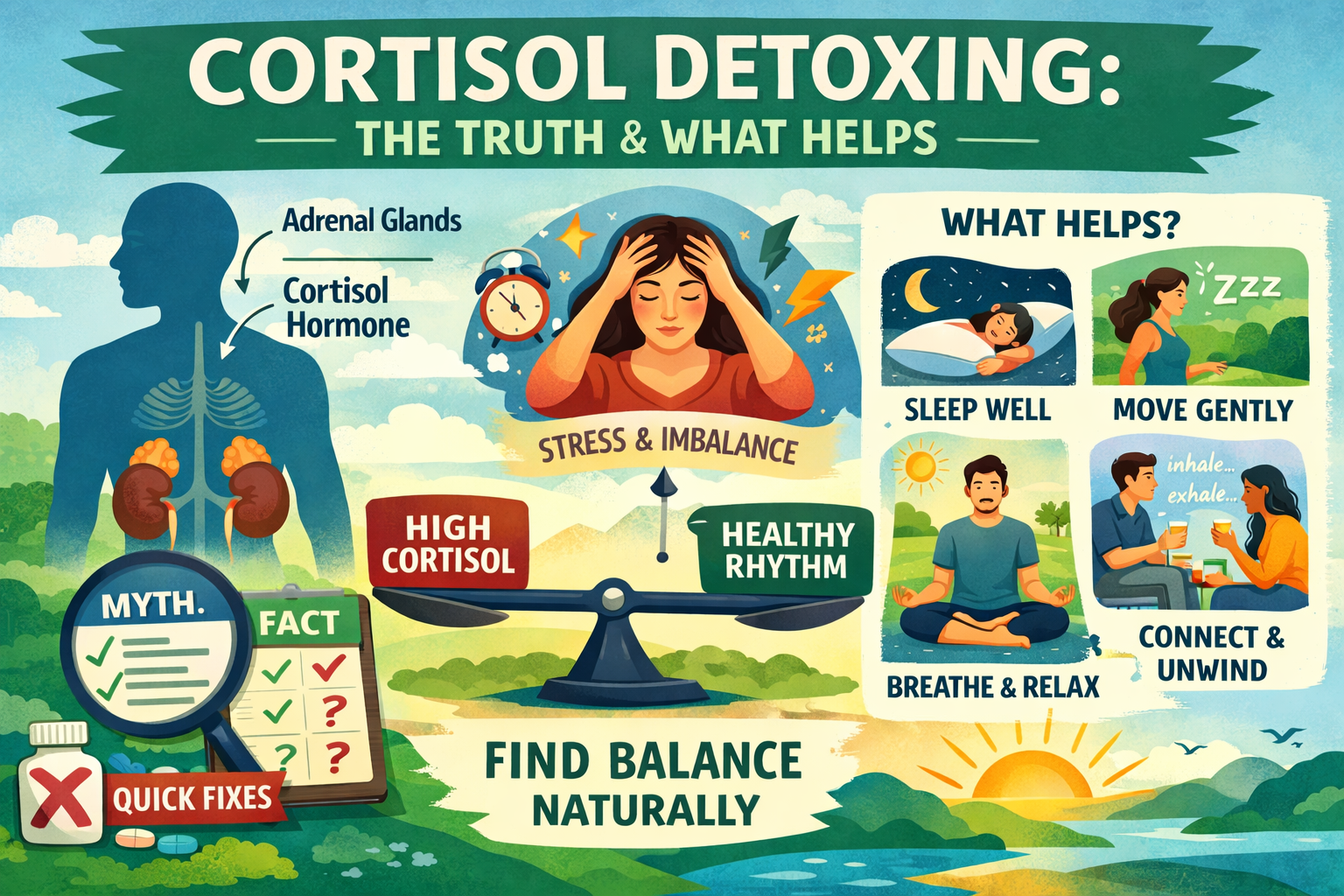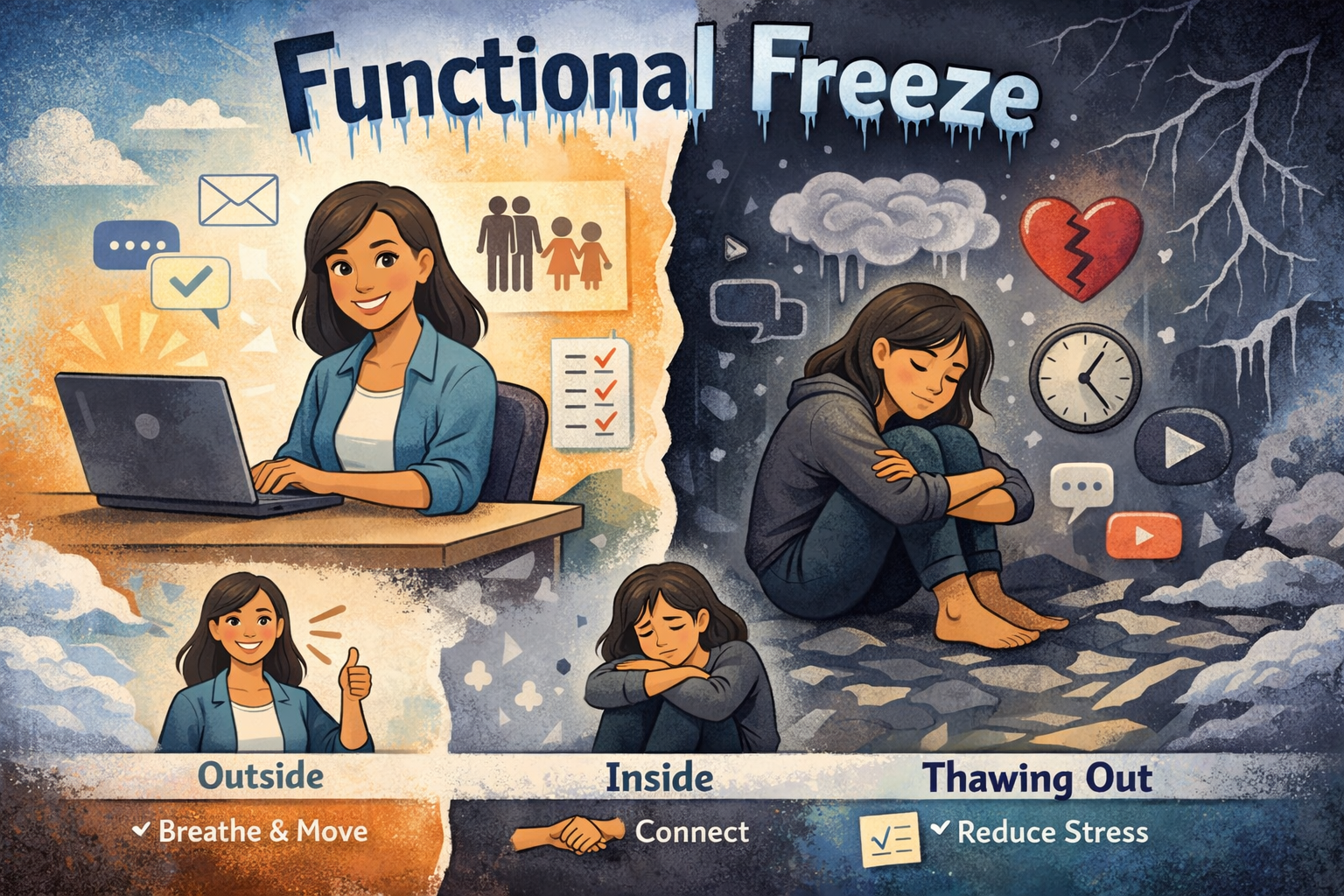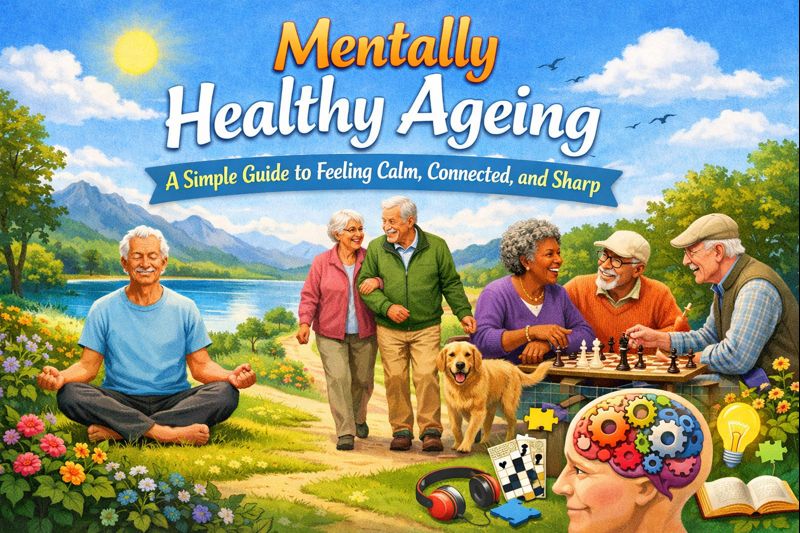Among all human emotional states fear occupies its distinctive position. Emotionally fundamental and primal to our mind fear functions as an essential survival response. Modern times reveal anxiety as a replacement for physical threats which leads to mental health consequences. this blog provides an exploration of fear comprehension along with its effects on mental health and wellness while presenting methods to overcome it for maximizing our defensive capabilities and mental state.
Understanding Fear and Its Impact on Mental Health
All organisms obtain fear as an evolutionary survival strategy. The autopilot reaction of 'fight or flight' activates to prepare individuals for confronting or runaway from possible danger. Experiencing prolonged fear results in its transformation into anxiety which represents a common mental health issue. Long-term anxious feelings bring together continuous apprehension alongside persistent nervousness alongside constant feelings of future disaster occurring. The condition proves paralyzing by its influence on routine activities and quality of existence.
Anxiety produces bodily symptoms that match the responses associated with fearful situations. The development of negative thinking patterns after anxiety sets in eventually affects how we make decisions and how we view ourselves. Anxiety that persists leads patients to develop depression along with panic disorders.
Read More - Overcoming Fear and Anxiety: Empower Your Mental Health with Proven Strategies
Strategies to Conquer Fear and Enhance Mental Health
-
Acknowledgement and Acceptance
To overcome fear a person initially needs to identify and recognize these feelings in their body. The vital starting point for your recovery involves recognizing that you are currently feeling fearful states. Acknowledging your emotions marks a potent demonstration of personal strength because no one should consider such acknowledgment weak.
The techniques of mindfulness practice and meditation serve as particularly effective approaches to control fear alongside anxiety symptoms. Through mindfulness practice you will learn to maintain full presence of mind because you will observe your thoughts and emotions without passing any judgments. Through meditation people can achieve peace inside their minds while stress decreases and their focus enhances.
Cognitive Behavioral Therapy (CBT) functions as a proven method for treating anxiety disorders. The therapy teaches patients to recognize their destructive thinking patterns then apply better balanced and constructive mental frameworks to those situations. Through CBT treatment people gain mastery over their thoughts which eventually weakens the power of fear.
-
Regular Exercise and Healthy Diet
Physical exercise together with balanced nutrition functions as an organic way to reduce anxiety. Physical activity leads to the creation of endorphins which serve as natural painkillers and mood-lighting chemicals within the brain. The combination of proper nutrition which includes essential nutrients plays a crucial role in supporting good mental health.
-
Building a Support System
The process of developing support begins with revealing your emotions to close individuals who can provide emotional comfort. Having a support system allows people to obtain both emotional reassurance along with actual helpful guidance. The simple fact of realizing you have company in your situation brings substantial comfort to people struggling.
-
Professional Help
Many people suffering from intense and chronic fear and anxiety need to seek professional help from mental health professionals to overcome these issues. The appropriate professional assistance comes from psychologists or psychiatrists or counsellors who will offer personalized treatments. visit for holistic healing center for more.
-
Relaxation Techniques
People can reduce anxiety physical manifestations through relaxation techniques that include deep breathing exercises as well as progressive muscle relaxation approaches and yoga practice. The stated practices support physical relaxation while simultaneously helping individuals to regain mental control over their bodies.
-
Exposure Therapy
Under professional supervision implementing exposure tasks which gradually introduce feared situations leads to decreased anxiety levels. Through habituation principles your therapy teaches that facing your phobas helps decrease their fearfulness.
-
Journaling
Physical and emotional relief can be obtained through regular journal-writing activities which require recording your thoughts and fears. Using journaling as a tool enables you to make sense of your thoughts and emotions allowing you to discover what triggers your anxiety.
-
Self-Compassion
Self-Compassion requires you to show yourself the same comforting sympathy that you would give to a close friend. Being gentle yourself matters because fear and anxiety become natural emotions when experiencing them.
Conclusion
The goal of conquering fear and anxiety involves developing ways to live with your fears rather than trying to completely eliminate them. The combination of mindfulness exercises with CBT approaches alongside the development of a support network and getting professional support lets you build stronger mental health and resilience. Both fear and the act of confronting fear are normal among humanity because they represent a process of personal growth and bravery. Moving with courage on your fear-conquering path provides you the path to an experience true life equilibrium and personal fulfillment.
Conquering fear is a journey, and you don’t have to face it alone. At The Mind Therapy, we offer Mental Health and Wellness Therapy to help you build resilience and regain control over your emotions. If you're looking for professional guidance, our experts at our wellness centre in Delhi are here to support you.














